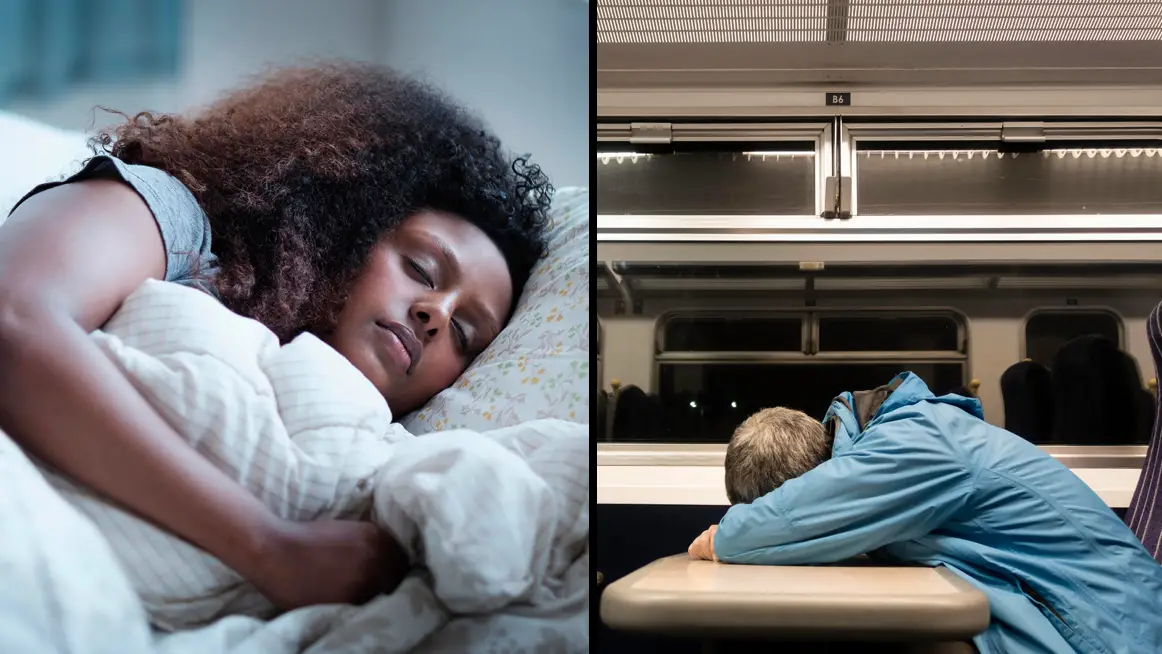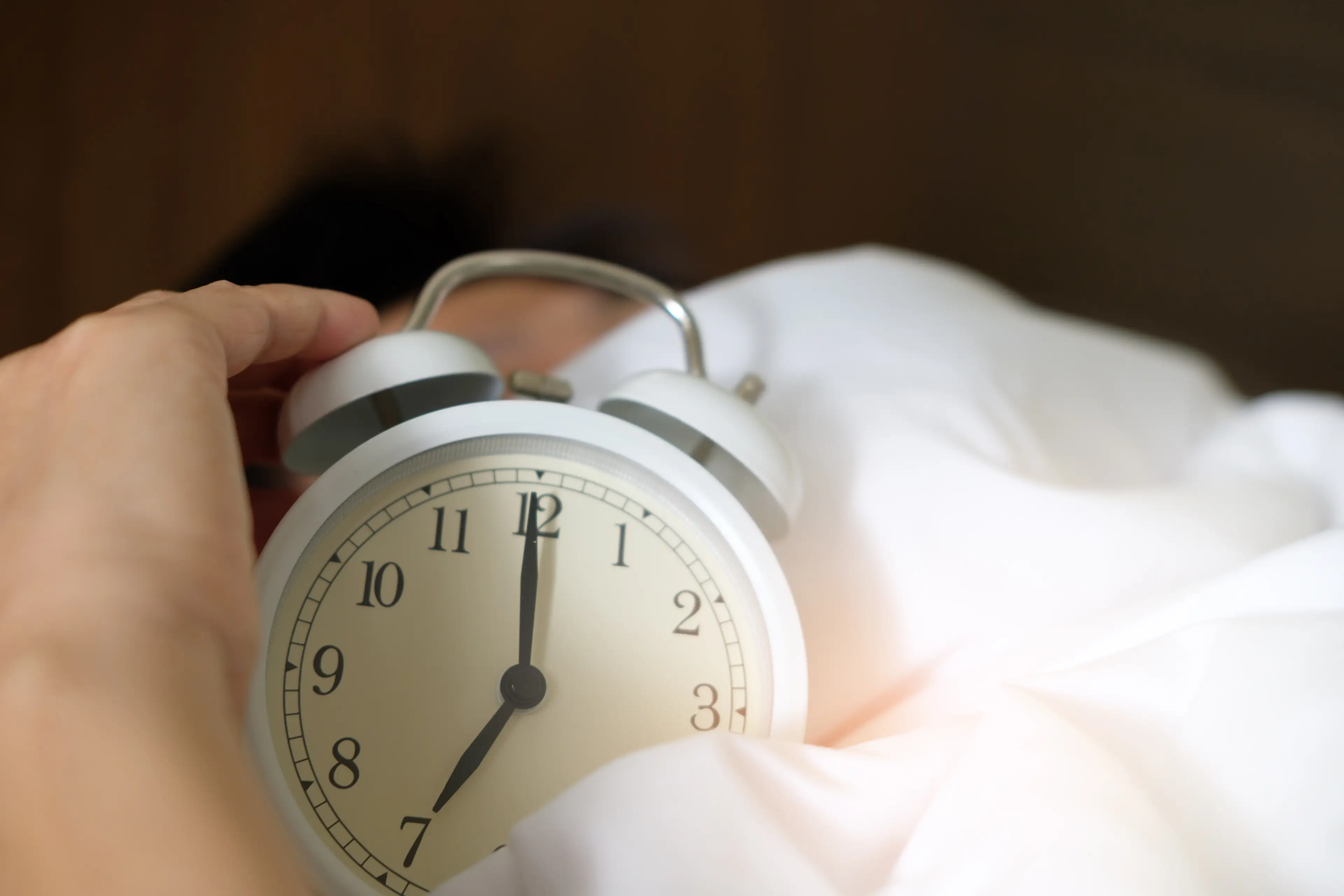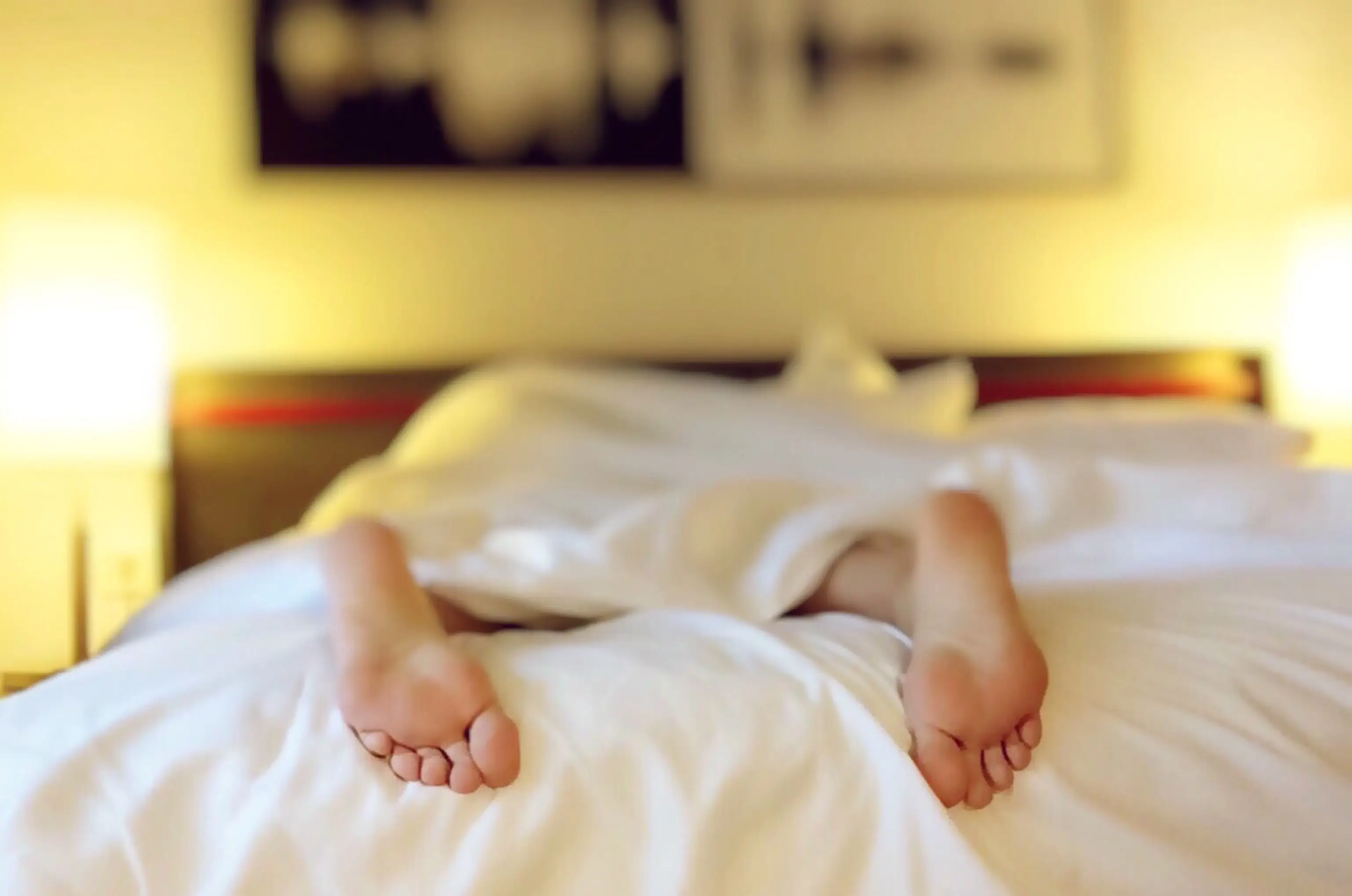
We all know that we need to get a good night's sleep, but have you considered the idea that there might be such a thing as too much sleep?
Well, scientific minds immeasurably superior to ours have thrashed out the research and come back with a conclusion – yes, another one – on the optimum amount of sleep that adults need in order to function properly and keep the brain fit and firing on all cylinders.

So, the official guidance from the NHS suggests that we need between six and nine hours of sleep each night, but we all know that we can function – and sometimes feel great – on less than that.
Advert
Now, the US-based researchers have claimed that some adults could be sleeping too much.
People who sleep for less than 4.5 hours and people who sleep for more than 6.5 hours were found to be more at risk of cognitive decline, they discovered.
Of course, we should remember that all of those people also struggled with poor quality of sleep.
In theory, the amount of sleep that you get is not as important as the quality of that sleep.
The impact of sleep time – they found – was the same as ageing, which is a key factor for illnesses like Alzheimer’s.
In the end, they suggested that somewhere between the 4.5 and 6.5 hour mark is a good amount, provided it’s decent enough sleep.

Writing for The Conversation, senior psychology lecturer Greg Elder explained how science isn’t quite sure yet why lack of sleep increases the risk of cognitive decline.
He wrote: “One theory is that sleep helps our brain flush out harmful proteins that build up during the day.
“So interfering with sleep might interfere with our brain’s ability to get rid of these.
“Experimental evidence even supports this – showing that even just one night of sleep deprivation temporarily increases beta-amyloid levels in the brain of healthy people.”
These findings will be a shock to many – including those within the scientific community – as the current recommendations are that adults should get more than six hours each night.
Elder continued: “The study showed that sleeping longer than 6.5 hours was associated with cognitive decline over time – this is low when we consider that older adults are recommended to get between seven and eight hours of sleep every night.
“It could be the case that it isn’t necessarily the length of the sleep that matters, but the quality of that sleep when it comes to risk of developing dementia.”

He did point out that we can’t be sure whether the 100 people in the study had other unknown issues that weren’t discovered by the tests, and there could be other pre-existing factors that might contribute to a cognitive decline.
“For example, this could include poor health, socioeconomic status or physical activity levels.
“All of these factors together may explain why longer sleep was linked to cognitive decline,” he explained.
Still, if you struggle to get eight hours of sleep each night, this might come as some small comfort to you.
After all, just remember it’s not necessarily how much, but how well you sleep.